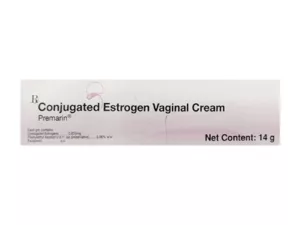“Artemisinin 100 mg: Uses, Dosage, Benefits & Side Effects”
✅ What Is Artemisinin?
Artemisinin is a natural compound derived from the sweet wormwood plant (Artemisia annua). It is known for its potent antimalarial properties and forms the basis for many modern malaria treatments.
- Drug class: Antimalarial (specifically a sesquiterpene lactone)
- Strength: 100 mg per capsule/tablet (common oral dose)
- Origin: Plant-derived (traditional Chinese medicine)
✅ Uses & Indications
🔹 Primary Medical Use:
| Condition | Role |
| Malaria (Plasmodium falciparum) | Rapid parasite clearance as part of combination therapy |
🔹 Other Investigated/Alternative Uses (under research or off-label):
- Cancer treatment (adjunctive role in some cancers)
- Autoimmune conditions
- Parasitic infections (e.g., schistosomiasis)
⚠️ Note: These alternative uses lack sufficient clinical evidence and should be approached cautiously.
✅ Mechanism of Action
Artemisinin acts by:
- Producing free radicals inside malaria parasites via interaction with iron
- Damaging parasite proteins and membranes
- Causing rapid death of Plasmodium parasites during the erythrocytic stage (when symptoms occur)
✅ Dosage & Administration
🔹Typical Dosage (for malaria):
- 100–200 mg orally, 2–3 times daily for 3–7 days, depending on the combination regimen
- Used with another antimalarial like lumefantrine, mefloquine, or piperaquine
🔹 Formulations:
- Capsules or tablets (100 mg common)
- Also available in injectable and suppository forms (primarily in severe malaria)
Monotherapy is discouraged due to risk of resistance. Always used as part of ACT (Artemisinin Combination Therapy).
✅ Warnings & Precautions
- Pregnancy: Avoid during the first trimester unless benefits outweigh risks; safer in later stages.
- Breastfeeding: Use with caution; insufficient data.
- Drug resistance: Monotherapy is not recommended—use in combination therapy to prevent resistance.
- Not for prophylaxis of malaria (preventive use not recommended)
✅ Drug Interactions
| Drug/Class | Potential Effect |
| CYP450 inhibitors/inducers | May alter artemisinin metabolism |
| Antimalarial drugs | Combined in ACT regimens; monitor QT interval |
| Anticoagulants | Possible interaction; monitor INR |
| Antiepileptics (e.g., carbamazepine) | May reduce efficacy via increased metabolism |









Reviews
There are no reviews yet.